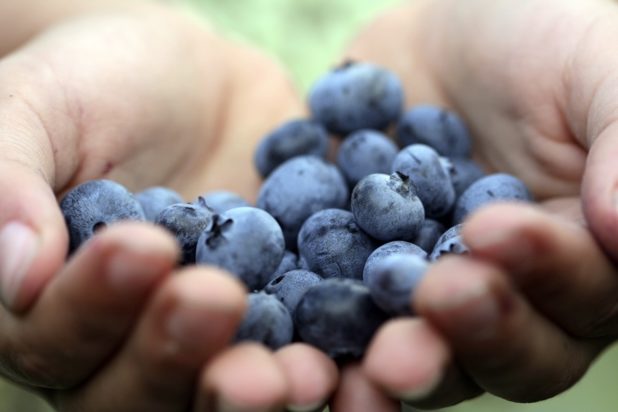Blueberries, quinoa, goji berries and flax seeds are just some of things that have been labelled superfoods in recent years.
But whilst there is little doubt that consuming fresh fruit and vegetables is good for us, some scientific studies have speculated that these superfoods might not be quite as beneficial as they seem.
Part of this derives from the fact that it’s nearly impossible to exactly quantify how a diet that includes these superfoods benefits the individual when factored in against lifestyle, environment and other variables.
But this hasn’t stopped an entire industry developing overnight that all purports to help us live longer and healthier lives by existing on organically grown superfoods. From trying to boost our immunity by eating broccoli and yoghurt, to improving our skin by consuming oily fish, it seems as though the term ‘superfoods’ is an undeniably powerful marketing tool.

In addition to this, there are numerous environmental factors that suggest that superfoods could be damaging our planet which is why following traditionally healthy cuisines such as Japanese, Mediterranean and Lebanese foods could be a better option than gorging on goji berries.
Simply by ordering in a Lebanese takeaway from the likes of Deliveroo we could be enjoying a natural diet that has less of an environment impact and is much more sustainable than switching to trendy foods like quinoa. Plus these traditional eating options are cheaper and often taste a lot better too!
Despite these reservations about superfoods, it’s clear that the superfood revolution is helping to expand the breadth and quality of our diets. Whilst aloe vera and linseed used to be unheard of just a couple of decades ago, they are now recognisable parts of many people’s diets that reduces our dependancy of carbohydrate-heavy foodstuffs like potatoes and bread.
Superfoods have also helped educate us more about what we’re actually putting in our bodies. So that whether it’s understanding how Japanese cuisine’s reliance on fish helps boost the intake of Omega-3 fatty acids, or whether the fresh vegetables, seeds and olive oil used in a Lebanese mezze improves our diets, it all stops us relying on overly processed produce.
And this recent article by Vogue shows how health-conscious Australians are starting to uncover the benefits of superfoods in their nation. With locally-produced ingredients like riberry, saltbush and samphire all diversifying the Australian diet, it introduces plenty more nutrients in a way that’s natural and locally sourced.
So whilst it seems that our nutritional habits are far too complex to rely upon a handful of superfoods, it seems that whether we are ordering Lebanese takeaway in Sydney, or enjoying a simple avocado on a picnic, we are all taking steps to improve the variety and quality of our diets.
Source Article from http://www.hangthebankers.com/are-superfoods-really-that-super/
 RSS Feed
RSS Feed















 August 11th, 2017
August 11th, 2017  Awake Goy
Awake Goy  Posted in
Posted in  Tags:
Tags: 













